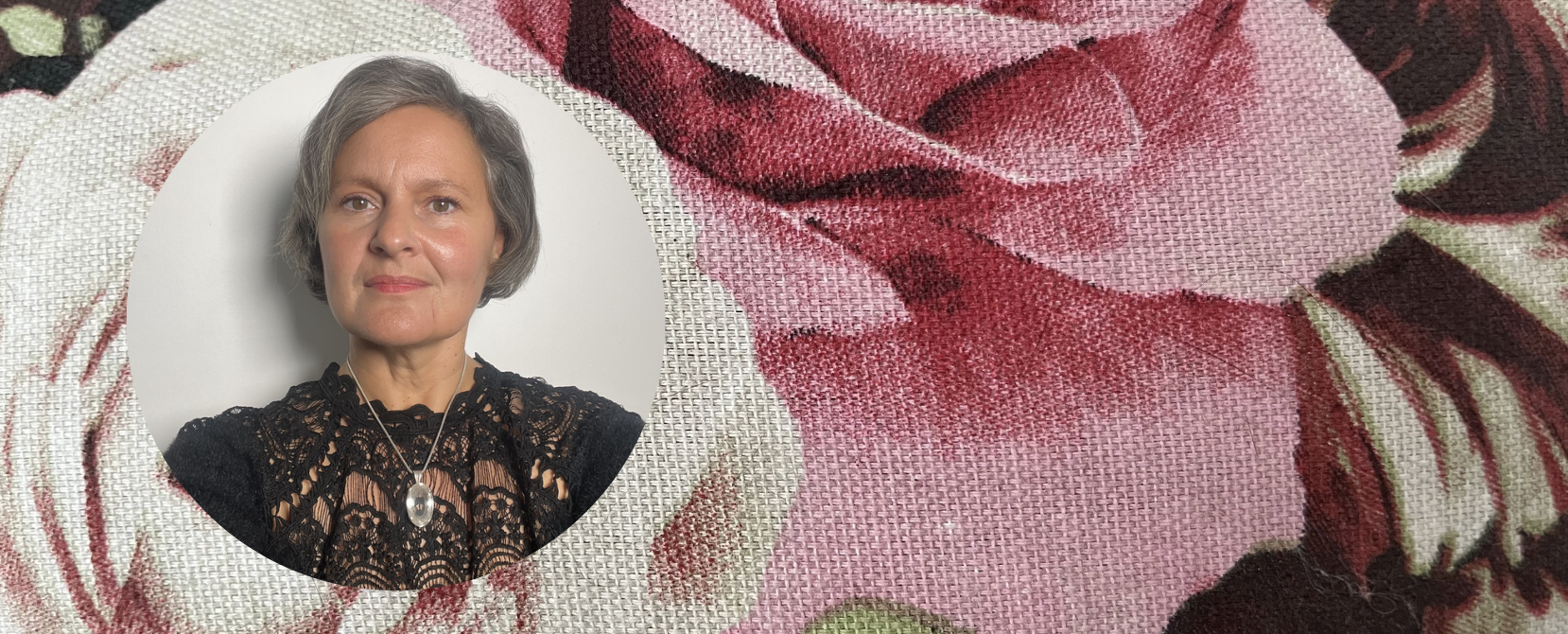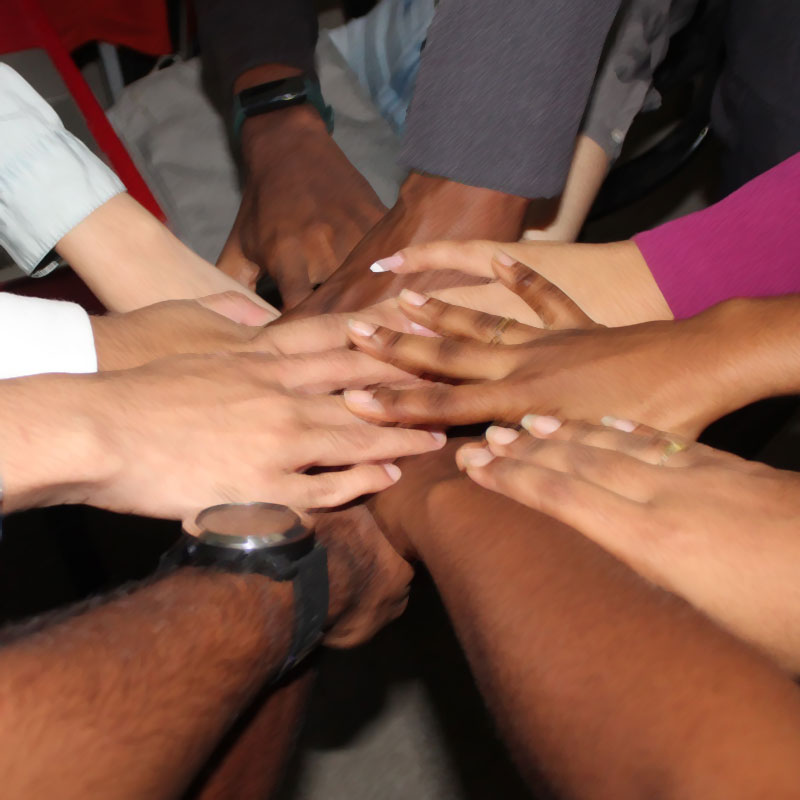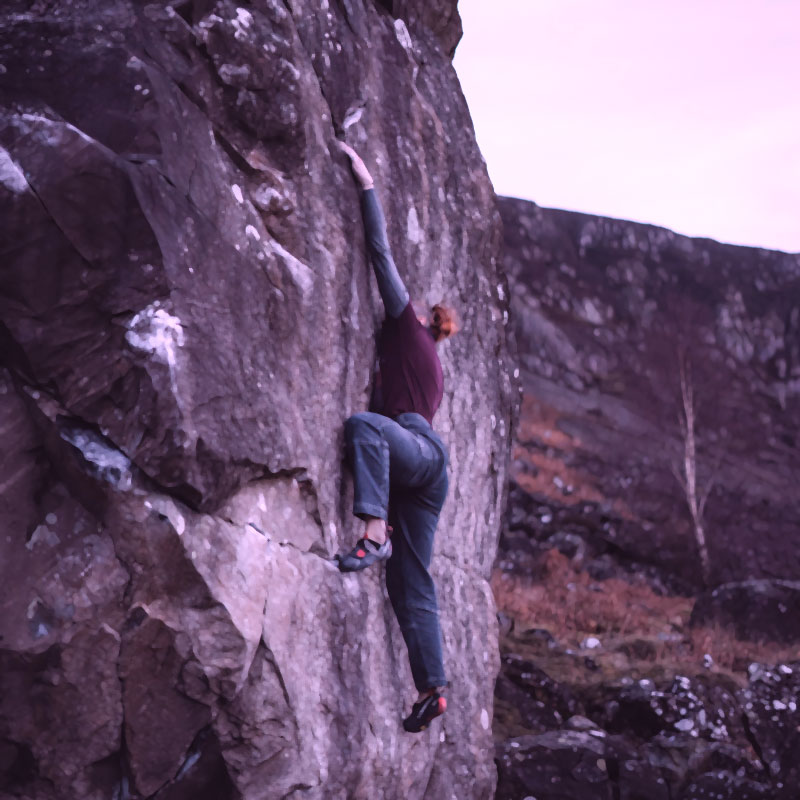Professional Life Coach in Bordeaux or online: personal development coaching and group/relationship coaching
For a coaching, we chose each other

Life coaching is a way to actualize and unlock or optimize personal or relationship situations through various tools and techniques.
It particularly builds emotional intelligence, maturity and resilience as well as the capacity to challenge one’s own perspectives, in order to gain insight, wisdom and guidance. All of this brings a simpler access to or more obvious awareness of the «how» one can envisage situations differently, more openly, with more serenity and confidence. The doing part is important, the being part is as equally important for concrete and lasting meaningful action.
The success of a life coaching largely depends on your engagement and commitment to the process.
It generally consists of 5 main steps:
- A “point of origin” evaluation and assessment of where you are at
- The definition of your goals
- Work on your values and owning your personal resources
- Work on releasing limiting beliefs and cultivate self-acceptance and self-guidance
- Conscious choices generating resonance and action in service of your goals
Personalized coaching for individual and/or collective support

Individual Coaching
Co-active® Coaching offers to work on your own alignment and development within the safe and secure frame of a privileged relationship with your coach.
This unique and creative relationship supports you and encourages you to tap into your deep resources and to consolidate them by revealing your own areas of questioning, your doubts, obstacles, aspirations, dreams and desires for change … and to act concretely in order to allow yourself to live a much deeper and meaningful life.
Learn to get out of the illusion of control and action at all costs, and develop a vision which will in turn nurture and fuel your confidence and resilience, allowing right action.
Group Coaching
According to the ORSC™ model of coaching organizations and relational systems, which I trained and qualified in 2010, this is called systemic coaching.
At the heart of this approach is the human relationship, the relationship to oneself, the connection between different people in a family, a team, a group of friends, or rather the relational system – and how we are multiple, interdependent and closely related.
It is often said that a problem has as its origin the relationship that one has to the problem rather than the problem itself. The relationship? The proof that it is not because something is immaterial or intangible that it does not exist.

Next tab
Do you feel stuck in a personal or professional situation?
Do you want to put all the chances of success on your side in a challenge that is available to you?

A personal development coach to boost self-esteem
It is also (always?) the relationship to oneself that underlies the work.
It is an integral part of a life coaching : a process of activation, expansion and optimal deployment of your resources and creativity handing you the keys to “better self-awareness/self-esteem/self-confidence” as well as the development of resilience, access to conscious choices and concrete action.
The tools used work to lift off obstacles, open up different perspectives, reveal potential and stimulate concrete action to generate real and lasting transformations.
Undertaking a life coaching process is to :
Consciously and sincerely take a step back
Reconnect with the capacity to make conscious choices
Take back control of your life
Reconnect with your raison d’être
Gain perspective to identify your true potential
Invest in yourself to fully express that potential
Free your potential and step into resonance
The 4 main phases are:
- The exploration starts at the discovery session. Depending on the breakthroughs, follow:
- The crystallization of conscious choices of change
- Conscious Action
- Achievement of objectives
Each coaching is absolutely unique and tailored to your needs. The process leaves room for creativity and no 2 sessions are the same.
Life Coaching: How does it work?
It all starts with an initial “informal” meeting to test the approach and the possibility of working together.
Then comes a first appointment, the discovery session, which is longer to establish:
- the starting point : where you are at in the different areas of your life
- the change objectives you want to achieve
- the contractual conditions that bind us
- the logistics (schedule, rate, payment) of the coaching
The number of sessions varies depending on the objectives and the progress, on average a coaching is done on a number of 12 to 20 sessions, with an average of 15.
My role as your coach to regain self-confidence
As part of my reconversion in 2009, I myself felt the need to be supported to better define and frame my professional and life change projects. So I trained in Co-active® Coaching in two ways: for my personal process of change and to qualify professionally as well. I continued this journey with the CPCC certification in December 2013, Certified professional Co-Active Coach (CTI).
Capitalizing on your strengths, what you want to see manifest, and connecting you to your highest principle before revealing what might have been holding you back, Co-Active Coaching will organically connect you deeply to your aspirations and transform the patterns you no longer deem necessary or suitable, as well as the limiting beliefs that no longer support your evolution.
Coaching will make them evolve and makes room for free and full expression of your aspirations, the expression of your full potential and results in a higher level of fulfillment.
As Co-active Coach, I hold the strongest belief that you are naturally creative, resourceful, and whole. And that’s what the coaching will reveal as the sessions unfold: your guidance, your intuition, your intrinsic creativity and wisdom. It is not the coach who gives you advice or answers because no one better than you knows what is right for you. So it is ultimately you who has the answers.
My role is to guide you in this process of personal development aimed at your balance, your autonomy, your fulfillment, and your empowerment.
Your commitments
Your role is to fully own your coaching, to be fully engaged and to come to each session with the topic or situation you want to explore for this session—this can come from the personal work between 2 sessions … or not.
And it’s already here that your coaching starts, in your full commitment to giving it a direction.
In this, there is a trust and security framework that is established from the start, an overall direction that is given by the objectives that define the roadmap, and often, intermediate objectives emerge and will fuel the achievement of the initial objectives. It rarely – if ever – comes as straight lines.
Many things change as soon as we know the direction we want to give them, we have taken charge of them. Coaching leads you to take charge of yourself, to empower yourself, to take responsibility for your own life, to release yourself from obstacles and allow yourself to be more in alignment with yourself, with your values and your purpose.

Coaching for easier navigation of life transitions
Step back and grow in emotional maturity to better manage change
And this, whatever the situation that leads to wish for a coaching (a change, a stuckness, an evolution, a separation, a mourning, a divorce, a project…).
In any transition, there is a before and after, and especially a not to be neglected “in-between”.
This neutral period generates confusion and discomfort because we are aware of what we have lost or what we have released (the known), we have lost landmarks and we do not yet know exactly what the future that will be emerging looks like.
This process is mechanically generating discomfort because we are confronted to the unknown.
A strong need for realignment then occurs in order to completely liberate the old, make room and allow for the new and to give it more of the shape that we really want, to welcome it more serenely.
In a process of change, more often than not, arises the need to manage emotional charges too.
Coaching therefore focuses here on the construction of solid internal resources through tools such as “emotions witnessing” meditation, and emotional intelligence that facilitates the articulation of experiences, learning from them to find more resilience and depth in the acceptance of experiences. Firmly establishing and cultivating an inner posture that puts the head in service of the heart rather than the other way around brings in the extra soul supplement that makes all the difference in many ways, and which the world really needs in these times of transition.

The benefits of working with a life coach
Whatever the context, choosing to be professionally supported and held in the process of change and evolution is an important choice. Benefiting from the experience, expertise and structured and structuring framework of a coaching allows to frame and secure the approach.
The role of a coach is to guide, nurture and facilitate your own process by drawing on their tools and techniques as well as their personal experience. Ideally, your coach will have applied and experienced what they share in their own lives, with the tools and practices they will implement in your support, and they will have experienced periods of important transitions in their journey from which they will have learned valuable teachings.
Next tab
What is Group Coaching or Relationship Coaching?
The relational system is made of the different voices that compose it and has its own wisdom.
This type of coaching leads each member of said system to develop a listening and communication posture that is deeper, thoughtful, intentional, transparent, sincere, in the acceptance of the truth of the other and non-judgmental. It frees up speech and makes the implicit explicit, which in turn makes it possible to decompartmentalize and leads to co-build a common vision. Once there is an alignment, often a necessary step, it is easier for each voice in the system to be heard and understood.
Here, we are talking about conscious and intentional communication. However, where compassion always has its place, complacency does not. Indeed, for coaching to be effective it is essential that the different voices of the relational system are in sincere and authentic sharing … at the risk of being called off by the system itself.
I would add here that the work on emotional intelligence and relational intelligence generated by this type of coaching makes it possible to become more authentically oneself and to nurture relationships of a better quality. Few people who have good relationships will tell you that it does not require a little work!
Working with systemic coaching is to:
- Capture and articulate the subtle plane of this existing system, with its mechanisms and beliefs, and which is in place without the different parts necessarily being aware of it
- Bring out the wisdom and intelligence of the system
- Reveal the intrinsic needs for change or evolution that are present and then accompany them to bring this system where it wants to be

Group coaching to get along better: getting to know and understand each other better
Unity is strength, as we all know in our hearts, but it is not always easy to deal with groups, whatever their nature – personal, professional, family, friendly.
And then, at times, the best thing that can happen to a system is to separate and split up.
The system really has its own intrinsic and natural wisdom, even if it is sometimes difficult or painful to accept to listen to it.
Nowadays, the imperatives to co-create/co-exist/co-exist highlight the need to develop our relational intelligence, to know how to be in relation in a more conscious and intentional way, and to be respectful of perspectives that are sometimes fundamentally opposed to our own by choosing the richness of the diversity of voices, even when we do not necessarily agree.
Listening to one another to understand one another, not to convince one another.
What is the role of relationship coaching?
In relation to a given problem or objective, the role of relationship coaching is to:
- Reveal this system that exists within a couple or group
- Awaken the collective intelligence that makes it up to bring out its wisdom and needs
Indeed, a relational system is quite naturally creative and knows exactly what it needs to adjust as it goes along. In this, each member of the system represents one voice of the system. The mission of coaching is then to ensure that all voices are expressed and considered, even the quietest or noisiest.
There may be many needs, for example, to :
- Align with a common goal
- Define a vision
- Defusing a latent conflict
- Regain motivation and positivity
Anything is possible! The function of relationship coaching is to bring:
- Awareness of the existing relationship system
- An awareness of the impacts on the relationships of what is lived therein
- An awareness of what we want to see changed, resolved or evolved
- A relational intelligence in the exchanges
- Each member of the group awareness of what is happening for each voice, the impact it has on the whole system and what it means for the overall system they are a part of
This type of coaching is very subtle in nature and calls for the development of relational intelligence in the context of exchanges. Authenticity, sincerity, transparency, non-judgment and listening are fundamental pillars.
Previous tab
The Co-Active Coaching®
The Coaching Co-Actif® comes from the years of practice of the founders of Co-Active® (formerly CTI – The Coaches Training Institute), a California coaching school since the beginning of the 80’s, a founding member of the International Coaching Federation (ICF).
From their profile to the rather artistic/acting/audiovisual background we find a strong emphasis on the release of creativity and self-expression in the method which is a tasty mix of tools and techniques inspired, among others: pnl, gestalt, psychodrama, Taoism and Native American wisdom.
Co-active’s “co” underlines the emphasis that is placed on the expansion of the Being, not only because the coach/coachee relationship is on a level playing field and thereforecreated, but also because the approach of coaching leads the individual to have more access to what his Being has to offer him – by taking for example awareness of his impact and thanks to the openness to co-creation, it is organically a new way of being in the world that is involved.
Co-active’s “active” underlines the conscious, fair, process-driven implementation. Far from “operational” coaching focusing strictly on the definition and implementation of an action plan, the objective here is that the action of coaching provokes the spark of change in the Being and mechanically brings a transformation because the acts then made become a concrete anchor of the desired changes, the transformation is then at work.
Moving away from the automatic mode, the individual then enters rather into the adaptive mode where reign more fluidity and creativity (and not, creativity is not only a force or an energy reserved to the artistic aspect).
It is a particularly effective approach in periods of change, whether chosen or not, of evolution and/or transition desires that can create uncomfortable conditions due to the level of the unknown that they generate, the famous «exit from his comfort zone.»
The “-” of Co-active underlines the extent to which both aspects are essential and inseparable from the concept and process of Co-active Coaching. It symbolizes the fact that the two aspects are intrinsically linked and do not exist without each other. This is important because during the exploration if the interest is only focused on the dimensions of Being and there is no concrete implementation, coaching loses in concrete effectiveness. Similarly, if we focus solely on the achievement of objectives or a certain result, without generating a questioning and a deep anchoring of the capacity for choice and co-creation, here again the effectiveness of coaching is to be questioned.
Without a profound transformation of the person, the processes of individuation, empowerment, release of the brakes, accountability, authorization and fulfillment of the Being are not satisfactory or lasting.
Co-active Coaching is therefore the result of an alchemy co-created in the coaching relationship that stimulates the implementation and realization of the changes desired by the person accompanied.
By working with a life coach, are you hoping to:
- fully unfold and connect to your resources and guidance?
- enhance relationship intelligence, communication and collaboration?
- and/or be supported to address conflict in a group?
Give yourself the means to best navigate changes, transitions, emotions, and to be authentic in communication and relationships!
All sessions are also possible in distance via Zoom, individually or in group.
Test this approach for free with a certified and experienced professional life coach
I offer you, as part of a first meeting of about 1h, a test session of 30 minutes that will allow us to define if we want to work together, whatever the nature of the coaching – individual or relationship.

